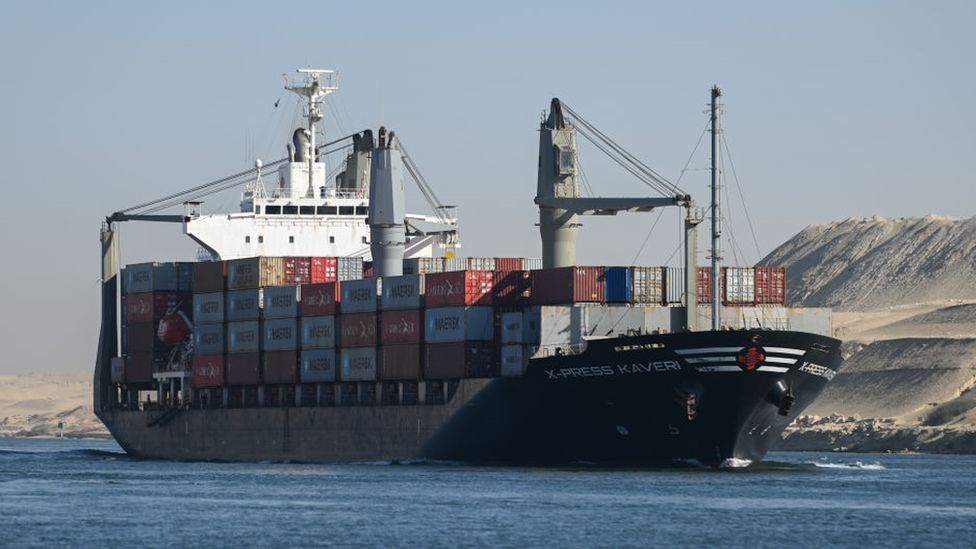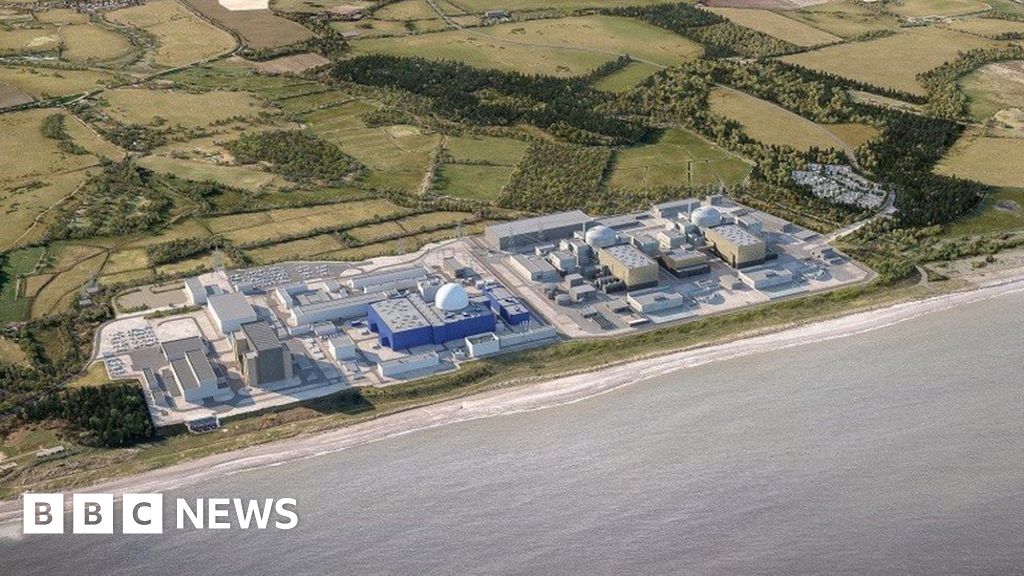ARTICLE AD BOX
 Image source, Getty Images
Image source, Getty Images
By Dearbail Jordan
Business reporter, BBC News
Inflation is at risk of rising again, according to a leading economist, following attacks on ships using a vital trade route through the Red Sea.
Mohamed El-Erian said while disruption to shipments was not as severe as during Covid, he warned it would push up prices and hit economic growth.
Several shipping firms have stopped vessels using the Red Sea route after attacks by Houthi rebels in Yemen.
Last week, the US and UK launched military strikes against the Houthis.
Dr El-Erian, president of Queens' College, Cambridge and chief economic adviser at financial services giant Allianz, told the BBC's Today programme: "Relative to what would have happened otherwise, we will see higher inflation, higher mortgage rates and lower growth.
"In absolute terms, however, it is nothing compared to what we had in 2021 and 2022. This shock is not going to be as big but it is unfortunate."
Around 12-15% of global trade travels through the Red Sea via the Strait of Bab al-Mandab - a 20-mile wide channel that splits Eritrea and Djibouti on the African side and Yemen on the Arabian Peninsula - and the Suez Canal.
Iran-backed Houthi rebels began attacking commercial shipping with missiles and drones late last year after the start of the Israel-Hamas war in October.
Major shipping firms are now re-routing their vessels around Africa's Cape of Good Hope, which can add 12 days for cargo travelling between Singapore and northern Europe.
The delay could be even longer, as much as 18 days, for vessels sailing between Singapore to the east Mediterranean, according to Hapag-Lloyd, the shipping giant.
Inflation - which measures the pace at which prices are rising - has fallen sharply in the UK from highs of 11.1% in October 2022 to 3.9% in the year to November. Russia's war with Ukraine had fuelled inflation, sending both oil and food prices higher in particular.
The latest inflation figure for December will be released on Wednesday.
The Bank of England has, like other major central banks, been raising interest rates to cool inflation.
Financial markets have been forecasting that it would start to cut borrowing costs this year as inflation appeared to be heading back towards the Bank of England's 2% target.
However, the Bank's governor, Andrew Bailey, warned in December that it was "too early" to speculate about rate cuts.
Dr El-Erian said that, for some, mortgage costs could be at risk of increasing if inflation fails to slow or even increases and the Bank does not cut interest rates.
About 1.5 million mortgage holders will see their fixed-rate deals end in 2024, according to the Financial Conduct Authority, the City regulator.
Meanwhile, there could be more disruption to global supply of goods when factories in China shut for Chinese New Year on 10 February.
"I'm really worried," said Dr El-Erian. "We are facing significant headwinds, we are living in a new reality where the supply side of the global economy is much more fragile which means inflationary tendencies are greater than they used to be."
Hapag-Lloyd, which stopped its ships travelling through the Red Sea on 21 December, said that the cost of re-routing vessels around the Cape of Good Hope was costing millions of dollars in extra fuel.
Its spokesman Nils Haupt, said: "Not only do we need more fuel, of course, but we are also speeding up to save some time and speeding up also costs additional fuel so this is, for us, monthly high two-digit million amount of dollars."

 1 year ago
34
1 year ago
34








 English (US) ·
English (US) ·